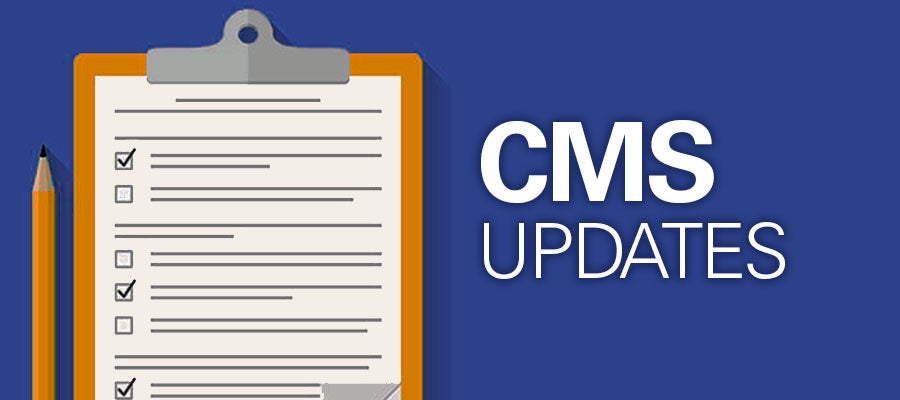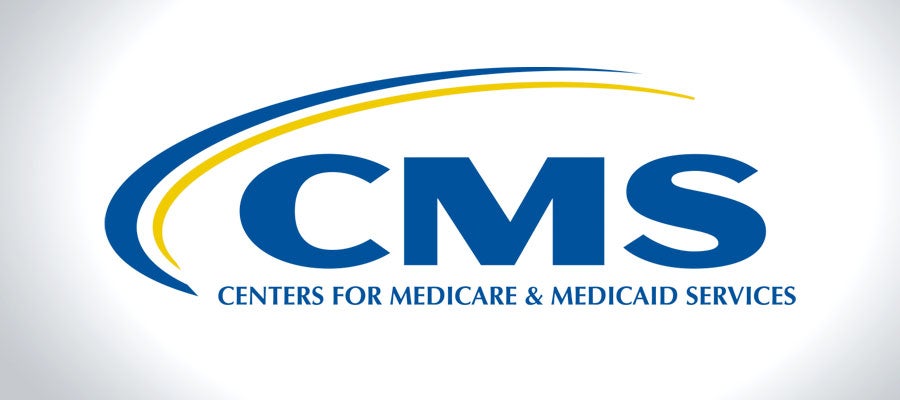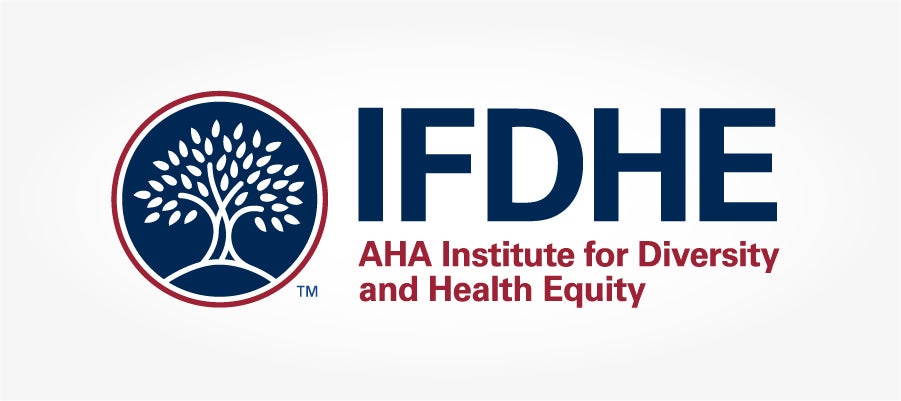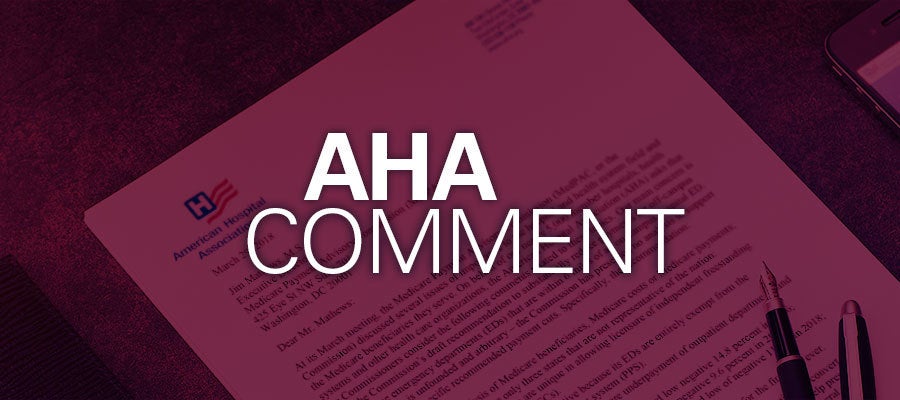
News







Latest
The Food and Drug Administration authorized administering a single booster dose of the Moderna and Johnson & Johnson COVID-19 vaccines to eligible individuals, and authorized eligible recipients of all three authorized COVID-19 vaccines to receive a different COVID-19 vaccine for their initial and booster doses.
The Centers for Disease Control and Prevention’s Advisory Committee on Immunization Practices voted unanimously to recommend a single COVID-19 vaccine booster dose at least six months after completing an initial mRNA COVID-19 vaccine series, in the same risk groups for whom CDC recommended a Pfizer booster dose.
Learn how health care leaders such as Matthew Modica, vice president and chief information security officer at BJC HealthCare, are mitigating cyber risks as they take advantage of rapidly advancing technologies and respond to the pandemic.
The Centers for Medicare & Medicaid Services’ Innovation Center released a strategic plan to guide its health care payment and delivery models and priorities over the next decade.
Workplace violence spurred AHA’s Hospitals Against Violence advisory group to create a framework to support hospitals’, health systems’ and security leaders’ efforts to safeguard staff and patients, writes Mary Beth Kingston, R.N., chair of the group, chief nurse officer at Advocate Aurora Health and AHA Board member.
Sens. Roger Marshall, R-Kan., Kyrsten Sinema, D-Ariz., and John Thune, R-S.D., introduced a Senate companion to AHA-supported legislation (H.R. 3173/S. 3018) that would establish requirements for the use of prior authorization under Medicare Advantage plans.
A mix-and-match vaccine regimen is permissible for international travelers entering the U.S., according to updated Centers for Disease Control and Prevention guidance.
Treatment with subcutaneous interferon beta-1a plus remdesivir was not superior to treatment with remdesivir alone in a clinical trial that enrolled 969 hospitalized adults with COVID-19 pneumonia in the United States, Japan, Mexico, Singapore and South Korea, the National Institutes of Health reported.
The Health Resources and Services Administration Oct. 21 will host the last in a series of webinar sessions on how to apply for a portion of $25.5 billion in COVID-19 relief funds.
Two doses of the Pfizer vaccine are 93% effective at preventing COVID-19 hospitalization among children aged 12 to 18, according to a study at 19 pediatric hospitals released by the Centers for Disease Control and Prevention.
The AHA urged the Centers for Medicare & Medicaid Services to conduct the necessary oversight and enforcement of the No Surprises Act to ensure patients benefit from these new protections and to prevent widespread, negative consequences of any misapplication of the policy.
Nearly three-fourths of the 2.4 million U.S. adults who reported using buprenorphine in 2019 did not misuse the medication in the past 12 months, according to a National Institutes of Health study released in JAMA Network Open.
The Food and Drug Administration approved the first interchangeable biosimilar product for Humira, a monoclonal antibody used to treat certain inflammatory diseases.
A symposium hosted by the AHA at the HLTH conference featured a panel of experts discussing health transformation in the post-pandemic world.
The AHA urged the Centers for Medicare & Medicaid Services to revise and reissue recent proposed regulations streamlining prior authorization requirements within certain coverage programs; consider additional regulations to limit care delays; and conduct oversight and enforcement for plans who have demonstrated problematic prior authorization usage in the past.
The Agency for Healthcare Research and Quality seeks input through Nov. 12 on scientific evidence to inform a systematic review of telehealth use during COVID-19.
The Department of Health and Human Services’ Health Sector Cybersecurity Coordination Center (HC3) issued a monthly bulletin that consolidates a wide range of cyber security alerts from across government on the latest cybersecurity trends and threats, including guidance on hardening remote access virtual private networks.
The Centers for Disease Control and Prevention updated the list of underlying medical conditions that put adults of any age at higher risk for severe COVID-19 based on the latest scientific evidence.
by Rod Hochman, M.D.
Working in health care delivery can be stressful and tiring under normal circumstances. And the COVID-19 pandemic has exerted incredible pressures on the emotional and physical well-being of our health care professionals.
The Department of Health and Human Services has renewed the COVID-19 public health emergency declaration for another 90 days effective Oct. 18.

